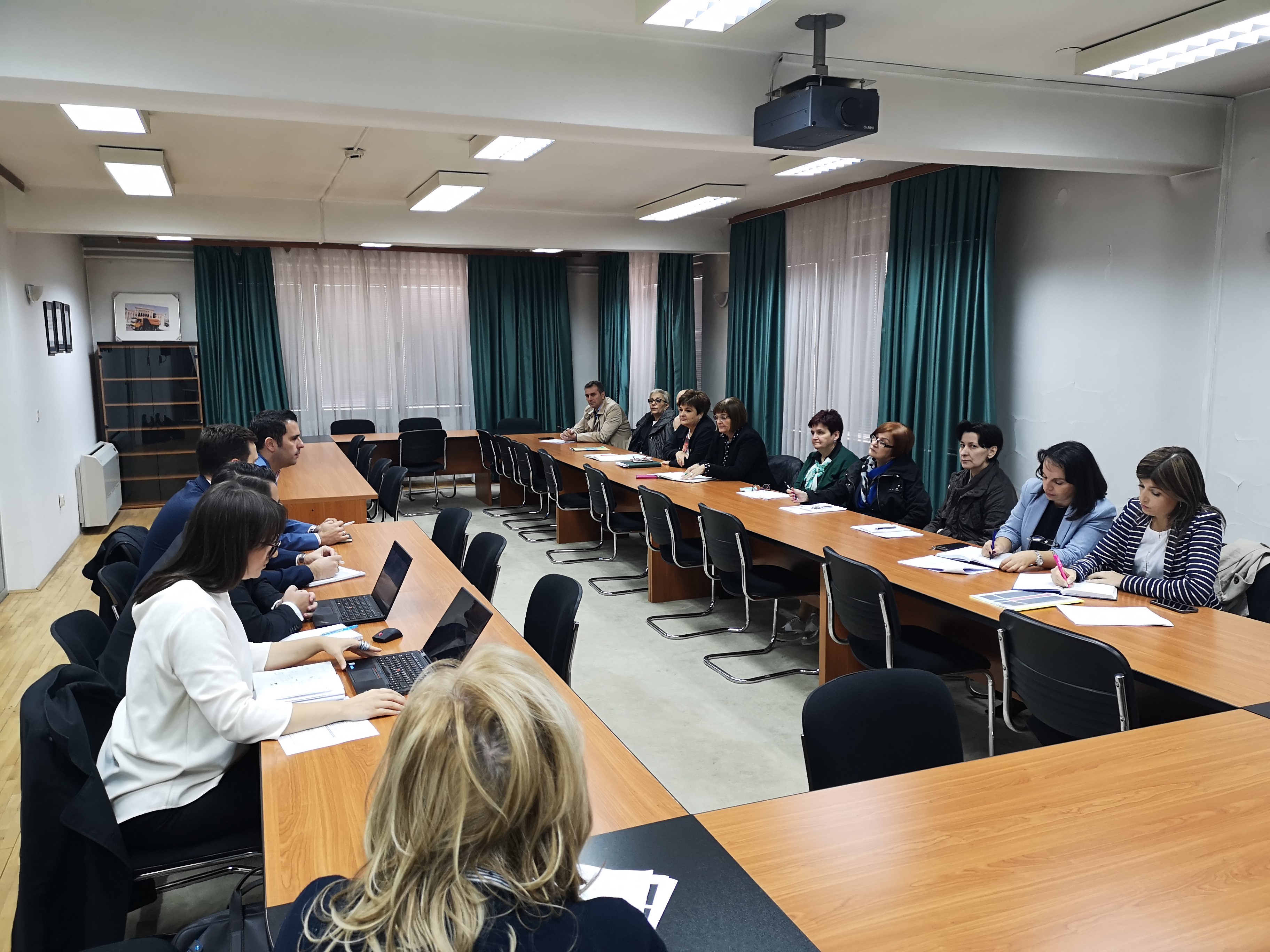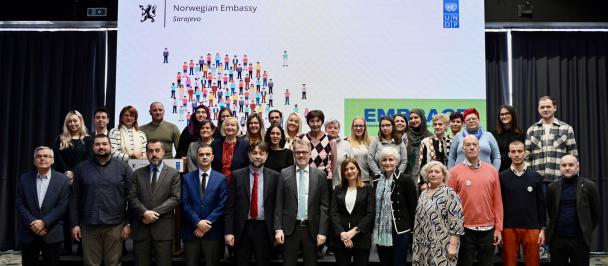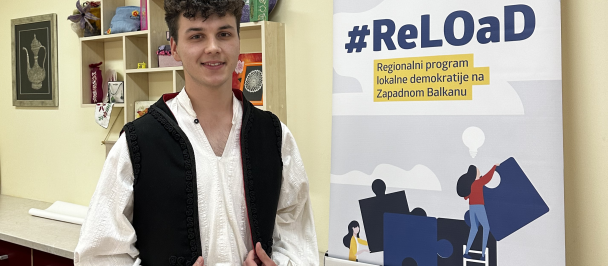Public Enterprise Integrity Project (PEIP)
The project will enhance government capacities to tackle and deter corruption in the country’s public sector through strengthened integrity management within the public enterprise system. Acting in concert with, and at the request of, Canton of Sarajevo, UNDP provides the Government with assistance in formulating and executing a set of pilot anti-corruption measures aimed at mitigating corruption risks in the public sector, and publicly owned enterprises, and institutions, in particular.
What we do?
The project 1) assesses the historical compliance of targeted corporations to the relevant financial management rules and regulations through an exhaustive and external performance and integrity review process; 2) maps out corruption and fraud risks to future corporate operations through an examination of risk management and fraud prevention protocols currently in force; and 3) works with ministry and corporate leaderships to capacitate them and formulate and implement an action document that will entail structural and procedural measures aimed at safeguarding public funding allocated to the seven companies under review. By focusing on enhancing government capacities to tackle and deter corruption in public sector, the project will tangibly contribute to systemic and scalable improvements in public enterprises’ internal control and risk management practices.
At impact level, the project is expected to gradually help improve the country’s poor corruption perception performance by enhancing government capacities to curb and deter corruption. This will take place through a managed process of best practice dissemination and replication of project results achieved across the cantonal landscape and beyond.
Main beneficiaries
The project will focus on the following main institutional beneficiaries:
• Sarajevo Canton Government;
• Seven publicly owned enterprises and public service providers;
• The Government Office for Anti-Corruption and Quality Management;
• The Internal Audit Office;
• Relevant line ministries;
• Resident non-governmental organisations working on anti-corruption and fraud prevention.
The project is expected to ultimately benefit the citizens of the Canton, as the recipients of services provided by the corporations targeted through the project.
Expected results
Based on the results of the public enterprise performance and integrity reviews, the project will develop a methodology for assessing corruption and mismanagement risks for public enterprises and institutions, looking at the most common issues and abuses encountered. The methodology will include a standalone toolkit that can be employed to assess the corruption exposure of any public enterprise or institution. The methodology will also be translated into a comprehensive training program that will be used to build capacities of relevant cantonal institutions (to include the Office for Anti-Corruption and the Internal Audit Office) as well as any other government agency that expresses an interest.
The project will work with seven key public corporations and institutions, to be selected in cooperation with the Government, in order to mitigate risks to public funding through mismanagement, fraud and corruption. The intervention will also help create a baseline for future anti-corruption activities and test the project approach and methodology for scaling up potential.
The project will, simultaneously, undertake a traditional review of historical financial records as well as a mapping of corruption risks inherent in the structure and protocols of the seven companies. It is expected that the intervention will ultimately result in systemic improvements in targeted public enterprises’ internal control and risk management environment and as such will serve as a blueprint for similar future activities.
In addition to improving the performance of the seven targeted public enterprises and institutions, the project will build the capacities of relevant cantonal institutions (Anti-Corruption and Internal Audit Offices) through training and their close involvement with project implementation, enabling them to undertake similar interventions independently of donor assistance.
The project is expected to contribute to strengthened integrity management in the public enterprise/institution system of Canton Sarajevo, entailing enhanced governance structures, policies and procedures, as well as capacities of key personnel to identify and curb corruptive and fraudulent practices.
Status
Ongoing
Start date
July 2019
Estimated end date
June 2020
Geographic coverage
Bosnia and Herzegovina
Donor
Government of Norway
Focus area
Rural and Regional Development

 Locations
Locations




